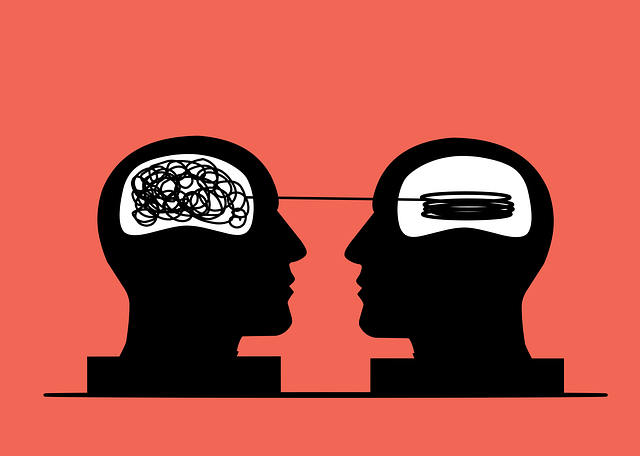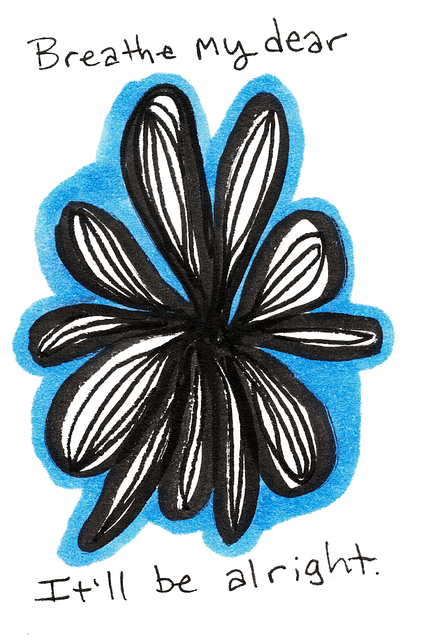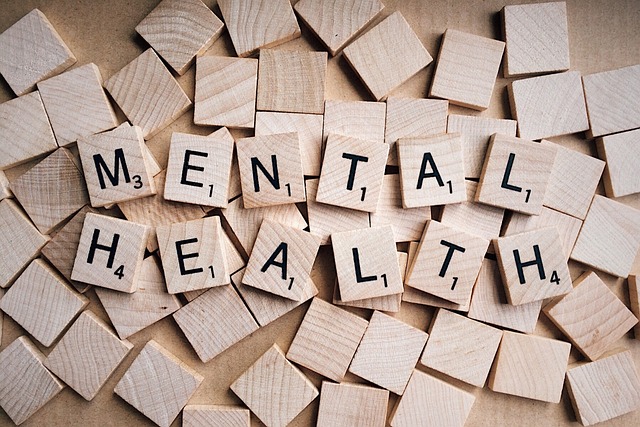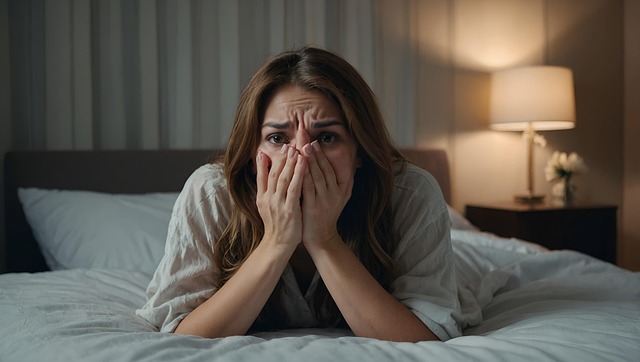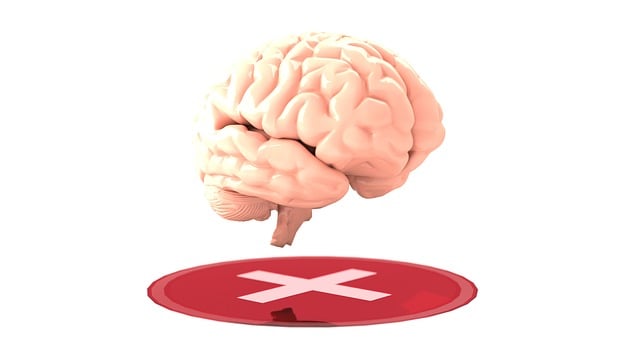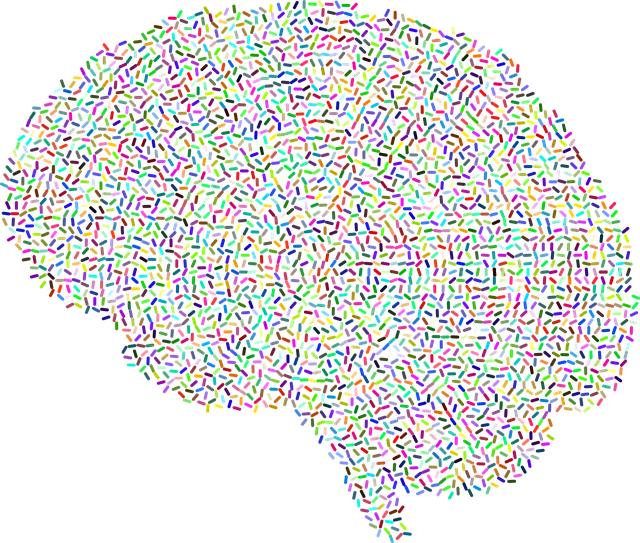Greenwood Village Online Therapy emphasizes the profound impact of media representation on mental health perceptions. In today's digital age, inaccurate or harmful portrayals can exacerbate stigma, while responsible media coverage fostering understanding and support for those with mental illness. The platform champions diverse, authentic narratives about mental well-being, addressing stereotypes through effective communication strategies. By offering accessible resources like anxiety relief and emotional intelligence development, Greenwood Village Online Therapy breaks down barriers to care. Through its initiatives, the therapy service revolutionizes digital mental health support, encouraging positive change in how society perceives and addresses mental illness.
In an era where media influences public perception greatly, the representation of mental illness can significantly impact societal attitudes and behaviors towards mental health. This article explores the challenge of inaccurate media portrayals and offers solutions to promote positive change. We delve into the understanding of media’s power, examining how current depictions often fall short. Introducing Greenwood Village Online Therapy as a platform advocating for accurate representation, we present strategies to enhance mental health visuals in media and highlight the pivotal role of therapists and support communities in fostering meaningful shifts.
- Understanding the Impact of Media Portrayal on Mental Health Perception
- The Current State: How Media Often Misrepresents Mental Illness
- Greenwood Village Online Therapy: A Platform for Accurate Representation
- Strategies to Enhance Positive Mental Health Depictions in Media
- Empowering Change: The Role of Therapists and Support Communities
Understanding the Impact of Media Portrayal on Mental Health Perception

The media plays a significant role in shaping public perceptions about mental health. Portrayals of individuals with mental illnesses in films, television shows, and other forms of media can either perpetuate harmful stereotypes or foster understanding and empathy. Positive representations can encourage those struggling with their mental health to seek help and support, while negative or inaccurate portrayals can lead to further stigma and isolation. For instance, consistently depicting characters with depression as weak or tragic without showcasing their strengths and coping mechanisms contributes to a skewed view of the condition.
Greenwood Village Online Therapy emphasizes the importance of responsible media representation in promoting mental well-being. By integrating accurate and diverse narratives about mental illness, media outlets can initiate important conversations and dispel myths. Public Awareness Campaigns Development centered around these discussions can further educate the public, leading to better support systems for those dealing with depression or other mental health challenges. Effective Communication Strategies are vital to ensuring that media content not only informs but also inspires positive changes in attitudes and behaviors towards mental healthcare, making it easier for individuals to access Greenwood Village Online Therapy services when needed.
The Current State: How Media Often Misrepresents Mental Illness

In today’s digital age, media plays a significant role in shaping public perception about mental illness. However, the current state of representation often falls short. Media outlets frequently resort to stereotypes and sensationalized narratives when addressing mental health issues, contributing to misinformation and stigma. This misstep can have profound consequences, especially for individuals already navigating their own struggles. For instance, depicting a mental health crisis as solely dramatic or violent oversimplifies complex conditions like anxiety, depression, or schizophrenia.
Greenwood Village online therapy offers accessible resources for those seeking support. However, the need for more nuanced and culturally sensitive portrayals cannot be overstated. Self-esteem improvement and crisis intervention guidance are crucial aspects of mental healthcare practice that deserve better representation in media. Cultural sensitivity in mental healthcare practice is essential to ensuring accurate and respectful depictions, allowing viewers to connect with authentic stories and seek help without fear of judgment or misunderstanding.
Greenwood Village Online Therapy: A Platform for Accurate Representation

Greenwood Village Online Therapy is a pioneering platform that challenges stereotypical representations of mental illness in media by showcasing accurate and diverse narratives. In an era where digital content holds immense power over public perception, this online therapy service steps up to address the lack of authentic representation. It offers a sanctuary for individuals seeking support, providing access to qualified therapists who specialize in various aspects of mental health.
By utilizing technology, Greenwood Village Online Therapy breaks down barriers to care. It caters to diverse needs, including anxiety relief, emotional intelligence development, and even social skills training. This platform ensures that those struggling with their mental well-being have a reliable resource for accurate information and professional help, fostering a more understanding and supportive society.
Strategies to Enhance Positive Mental Health Depictions in Media

To enhance positive mental health depictions in media, it’s crucial to adopt strategies that promote resilience building and empathy building strategies. Shows and films should feature characters with mental illnesses navigating their struggles while maintaining hope and strength, mirroring real-life experiences. This approach helps dispel stereotypes and promotes understanding. For instance, instead of portraying mental illness as a weakness or something to be feared, stories can highlight the journey towards healing and recovery, showcasing the power of self-awareness exercises and coping mechanisms.
Incorporating diverse representations is key. Media has a vast reach, so including characters with various mental health conditions ensures a more accurate reflection of society. This diversity fosters acceptance and encourages viewers to recognize their own experiences or those of loved ones. By embracing these strategies, media platforms like Greenwood Village Online Therapy can contribute to a healthier narrative, fostering empathy and supporting individuals on their path to well-being.
Empowering Change: The Role of Therapists and Support Communities

In the ongoing mental health awareness campaign, Greenwood Village Online Therapy has been at the forefront, empowering individuals to seek help and fostering a culture of support. Therapists play a pivotal role in guiding folks through crisis intervention, offering expert insights and tailored strategies to navigate emotional challenges. By providing a safe, non-judgmental space, therapists encourage clients to develop emotional intelligence—a key component for managing mental health effectively.
Support communities, often overlooked but immensely valuable, offer a network of understanding and camaraderie. These groups facilitate open dialogue about mental illness, promote self-care routine development, and ensure individuals don’t feel isolated in their struggles. Together, therapists and support communities create a powerful alliance, challenging negative stereotypes and inspiring positive change, one step at a time.
In conclusion, the misrepresentation of mental illness in media has profound effects on public perception and individual well-being. However, with initiatives like Greenwood Village Online Therapy leading the way, there’s a growing movement towards accurate and empathetic representations. By empowering therapists, support communities, and adopting strategic storytelling practices, we can challenge negative stereotypes and foster a more inclusive and understanding society. Through conscious efforts to depict mental health in a positive light, media platforms play a crucial role in promoting mental wellness and encouraging those seeking help to take that first step towards recovery.
